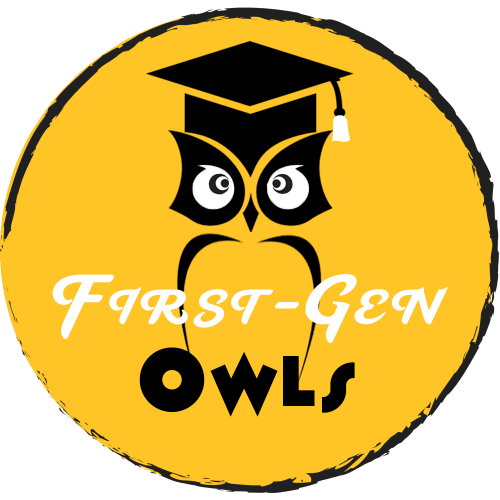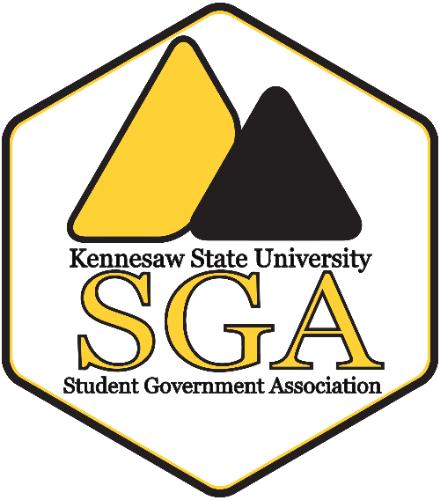First-Generation Students
Welcome!
Are you a first-generation (first-gen) college student at KSU or want to know more about what it means to be "first-gen?" If so, this site is for you! This space serves as a hub for all first-gen student resources at the university. KSU has a vibrant community of first-gen students, faculty, and staff who contribute much to the curricular and co-curricular life of the campus.
First-Gen Events
+View MoreNo upcoming events
SOI Events
+View MoreNo upcoming events
Initiatives
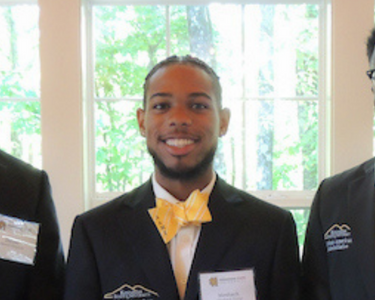
African American Male Initiative (AAMI)
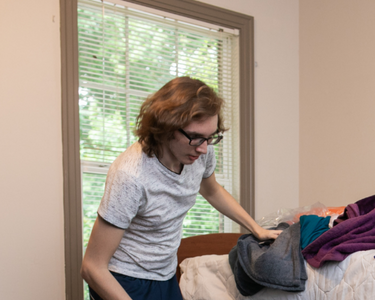
ASCEND Scholars

Call Me Mister
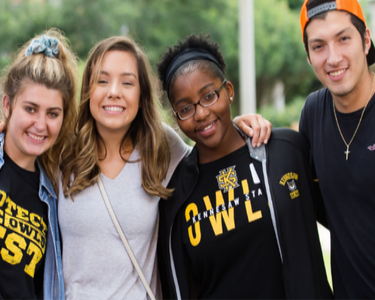
Strategic Outreach and Initiatives (SOI)
About Us
To be a first-generation college student (or "first-gen") means that neither of your parents/guardians ever attained a four-year college degree. Because this definition varies at times and can be relatively vague, KSU allows its students to identify themselves as first-gen.
Regardless, there are many dedicated resources available to first-gen students at KSU, and this site is meant to showcase all of these - whether it's dedicated programming, involvement opportunities, housing options, or anything else. There are plenty of opportunities and resources out there for our first-gen students to take advantage of! The links below will direct you out to some of these, providing first a short description of what purpose each entity serves.
Opportunities
Student Organizations
Research
There is an increasing amount of research relating to the first-generation college experience, and some of it is even being conducted by KSU's own faculty, staff, and students.
The resources below highlight some of this research, and expanding any option will display author information and the abstract for the paper. When possible, contact information is provided for KSU researchers should you be interested in learning more. For each section, articles are sorted alphabetically by the last name of the author (or first author listed when articles contain multiple authors). Recent KSU publications are highlighted at the top, as well.
-
Kennesaw State Research
The Relationship of Mentoring on Sense of Belonging Self-Efficacy, and Student Perception of Mentorship in First-Generation College Students
Author: Chelsea Craig
Shortened Abstract: Mentoring programs have been implemented at institutions across the nation, with both intentional collaborations with different subpopulations of students and random pairing of mentees and mentors (Kuh et al., 2010). For first-generation students, mentoring may be a vital component of success. Since there was an increase in self-efficacy and sense of belonging in this study, the use of mentorship with first-generation students could become a more predominant and recognized practice, therefore helping this population of first-year students to become less “invisible” and more supported and celebrated. To measure the effect of mentoring on various aspects of collegiate success, approximately 40 first-generation students were surveyed during their first semester of enrollment at Kennesaw State University.
To see the full abstract, view additional information, and read the entire publication, view the author's page on KSU's DigitalCommons site.
-
External Research
NCES: First-Generation Students in Postsecondary Education (2005)
Author: National Center for Education Statistics (NCES)
Shortened Summary: Recent research has generated a large body of knowledge about students who are the first members of their families to attend college. The results show that such students are at a distinct disadvantage in gaining access to postsecondary education. Even those who overcome the barriers and do enroll have difficulty remaining enrolled and attaining a degree. The findings of this study contribute to earlier research by distinguishing between first-generation students and their counterparts with respect to the major fields of study chosen, the types of courses taken, the amount of coursework completed, academic performance, and postsecondary outcomes.
Full Report







